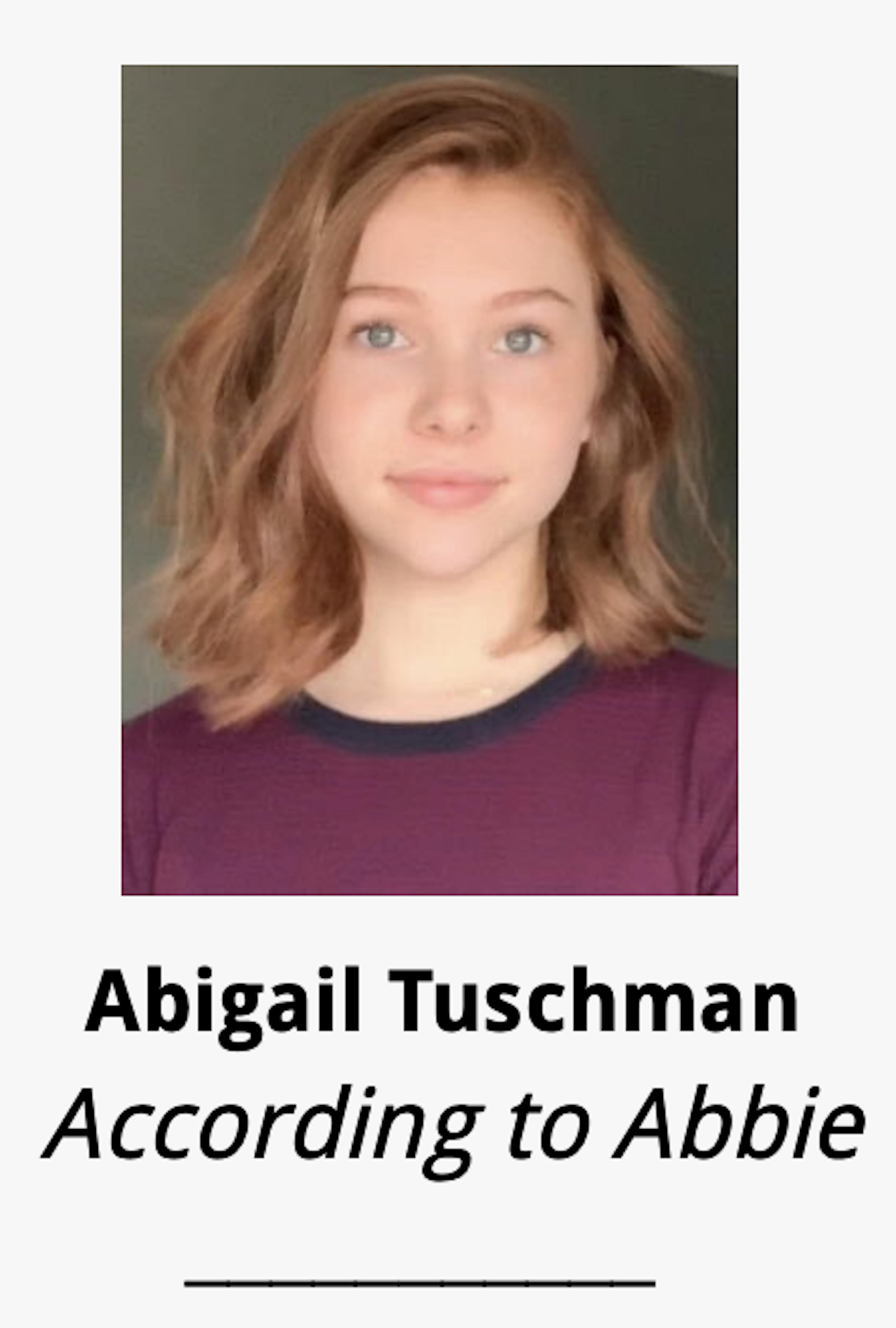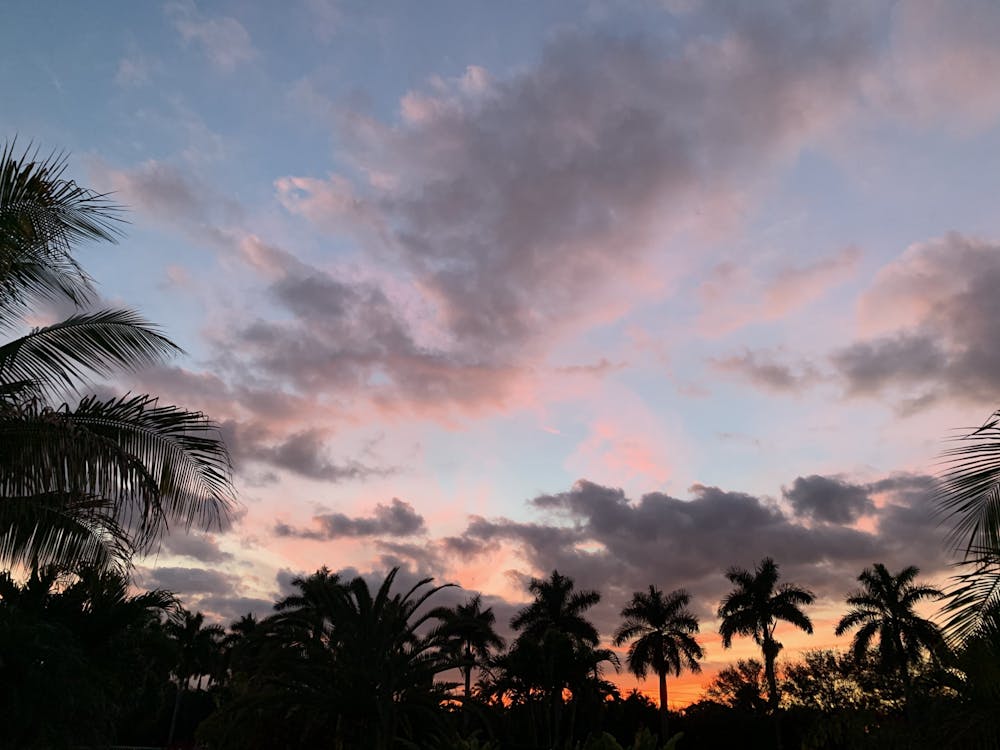
When freshmen started moving to campus this month, I tried to avoid social media. I didn’t want to see them posing on the marble steps of Gilman Hall or browsing the quirky shops of Hampden. I didn’t want to see the tapestries on their dorm room walls or the way the winter cold turned their cheeks pink.
I didn’t want to see what I was missing out on.
I surprised myself when I decided to stay home this semester. Just months before, I was throwing myself pity parties, feeling robbed of the first year of college I had long been looking forward to.
But when spring housing applications came out, the prospect of being on campus seemed less and less appealing. My sole in-person class would be a weekly lab. The number of Americans who had died from COVID-19 was creeping toward a quarter million. There would be severe restrictions on student activities and socialization, for good reason. I foresaw myself spending hours on end in a cramped dorm, over a thousand miles from home, under the overcast skies of a Baltimore winter.
Being on campus would not only put my physical health at risk but my mental health as well. I left my application half-filled and watched the deadline come and go.
Over winter break, as my friends received confirmation that they would be living on campus for spring semester, I reflected on my own situation. Maybe it was the library books I had been devouring since finals ended, filled with romantic descriptions of the seemingly mundane. Maybe it was the way the past year had taken family of friends and friends of family, making those who had always surrounded me seem all the more precious. Or maybe it was a realization that would have come to me anyway.
But it occurred to me that my time here is finite. Not on Earth — though that’s also true — but in my childhood. I’m entering my last year as a teenager and once I pack my suitcase and go, that’s really the beginning of the end.
Since I grasped the concept of age, I have been rushing my youth, always wishing I was a couple years older, a couple school grades wiser and wanting to become a version of myself that was more independent and mature. Now I straddle the line between childhood and adulthood, flanked by memories and uncertainty, but time will inevitably push me to one side.
My parents will become empty-nesters. As I become busy with college, graduate school and eventually a career, our conversations will take place during scheduled phone and Skype calls rather than across the kitchen counter or in the checkout line at the grocery store. I imagine I will rarely speak to my older brothers, as I’ve never been close to them, and what would keep us together when the entire country lies between us? My life, which once seemed teeming with possibility, will condense to a few sensible paths. I know that as I spend time in the world, it will appear increasingly smaller, and my loved ones farther away.
So, I’m okay spending another semester at home. The streets of my neighborhood, which once felt claustrophobic, are now cast in golden light. Like the Frost poem goes, I know I can’t stay forever either. I take pictures of turtles sunbathing near a canal. I wave to the neighbors. I pass by my old bus stop, where we played kickball and slipped on the dew-coated grass, and I can almost hear the decade-old shouts of kids that moved away long ago.
I still worry that the majority of my class is on campus and I’m not. What if everyone creates their groups of friends and there’s no room left for me? What if the friends I do have now form memories and inside jokes that I will never be a part of? There are countless what-ifs I can wring my hands over. But the FOMO, the fear of missing out, can wait another day. I have all I need at home.
Abigail Tuschman is a freshman from South Florida majoring in Writing Seminars. Her column documents the ups and downs of her unusual first year of college.





